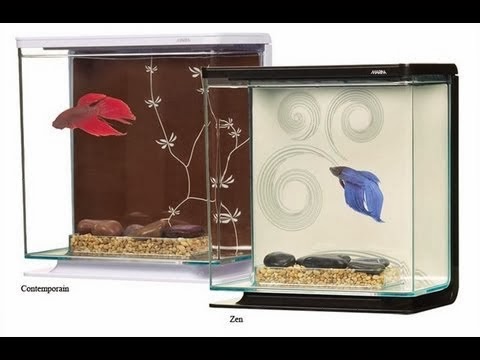Into Bettas?
I mean are you
really into Bettas?
Finatics
Tropical Fish has a complete line of Marina Betta Homes, supplies and food.
We have Betta splendins
(The Siamese fighting fish) in many colors and tail styles,
Including the
Jumbo fighters and Black Orchid Bettas, The Fighting Bettas are not the only Bettas Finatics
has.
Finatics has a
large selection; in fact I believe the largest selection In Washington of rare Bettas
including many wild varieties. Males and
females of many of the Bettas we carry can be housed together
These Bettas, can
be housed with small fishes such as Tetras and make a unique addition to any
community aquarium as long as the fish are not too active and aggressive. Here are a few of the interesting Betta
species we have in stock. All of these
fish appreciate thawed frozen Blood Worms, Brine and live Black worm. Avoid
Flake food as they will rarely eat it and almost always starve if that is all
that is offered. Temperatures between 75 to 80f and make sure that the filtration
turbulence is minimal as strong current is not tolerated by these small fish.
The
Red Fire Betta
Betta rutilans can be housed in pairs, species tanks, and
community tanks. Pairs can be housed in a 5 gallon tank, groups should be
housed in a 20 gallon tank or larger. Pairs should be given cover such as
caves and plants. In a pair or species situation it is possible that fry
could be discovered in the tanks. For best results remove a brooding
male. Betta rutilans comes from blackwater environments and like to have
soft acidic water that is well filtered. They should be kept at cool to
mid 70s F.
The Strawberry Betta
Betta
albimarginata can be
housed in pairs, species tanks, and community tanks. Pairs can be housed
in a 10 gallon tank, groups should be housed in a 20 gallon tank or
larger. Pairs should be given cover such as caves and plants. In a
pair or species situation it is possible that fry could be discovered in the
tanks. For best results remove a brooding male. Betta albimarginata is
very tolerant of water chemistry and thrives in almost any type of water as
long as it is clean and well filtered however soft acidic water is best.
They should be kept at cool to mid 70s F.
The Scorpion Betta
Betta brownorum
can be housed in pairs, species tanks, and community tanks. Pairs can be
housed in a 5 gallon tank, groups should be housed in a 20 gallon tank or
larger. Pairs should be given cover such as caves and plants. In a
pair or species situation it is possible that fry could be discovered in the
tanks. For best results remove a brooding male. Betta brownorum comes
from blackwater environments and likes to have soft acidic water that is well
filtered. They should be kept at cool to mid 70s F.
The
Cherry Betta
Betta channoides
can be housed in pairs, species tanks, and community tanks. Pairs can be
housed in a 10 gallon tank, groups should be housed in a 20 gallon tank or
larger. Pairs should be given cover such as caves and plants. In a
pair or species situation it is possible that fry could be discovered in the
tanks. For best results remove a brooding male. Betta channoides is very
tolerant of water chemistry and thrives in almost any type of water as long as
it is clean and well filtered however soft acidic water is best. They
should be kept at cool to mid 70s F. It has also been noted that iron
should be added to the water.
Peacock Betta
Betta
imbellis can be housed in pairs, species tanks, and community tanks.
Pairs can be housed in a 10 gallon tank, groups should be housed in a 30 gallon
tank or larger. Pairs should be given cover such as caves and
plants. In a pair or species situation it is possible that fry could be
discovered in the tanks. For best results remove a pair to a breeding
tank with little to no filtration. Betta imbellis is very tolerant of water
chemistry and thrives in almost any type of water as long as it is clean and
well filtered. They should be kept at mid 70s to low 80s F.






No comments:
Post a Comment